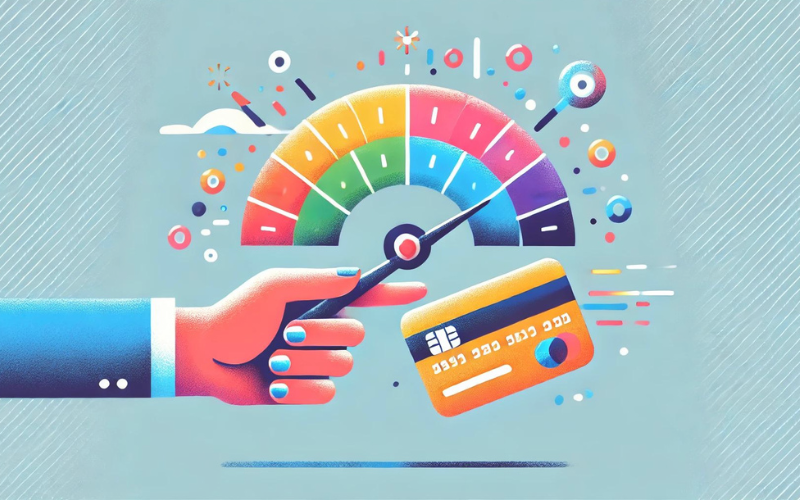


Identity theft is more than just an invasion of privacy—it can have lasting consequences on your financial health, particularly your credit score. When someone steals your personal information and commits fraud, the damage done can significantly impact your creditworthiness. In this blog post, we’ll explore how identity theft affects your credit score and why it’s crucial to understand the long-term financial implications of this crime.
When identity thieves use your personal information to open fraudulent accounts, take out loans, or rack up credit card charges, it can drastically affect your credit score. Here’s how:
New Credit Inquiries
Every time a thief opens a new credit card or loan in your name, a hard inquiry is made on your credit report. Multiple inquiries in a short period can lower your credit score, signaling potential lenders that you may be financially overextended.
Maxed-Out Credit Cards
Fraudsters often max out credit cards or fail to make payments on time, resulting in a higher credit utilization ratio. Credit utilization—the amount of available credit you use—is a key factor in calculating your credit score. When your credit cards are maxed out due to fraud, your score can drop significantly.
Delinquent Accounts
If an identity thief opens accounts in your name and fails to make payments, those accounts can become delinquent. Late or missed payments are among the most damaging factors to a credit score, leading to a rapid decline.
Identity theft can also have long-term effects on your credit report, which can take years to resolve fully:
Defaulted Loans
If loans taken out by a fraudster in your name go unpaid, they may eventually default. Loan defaults remain on your credit report for up to seven years, significantly affecting your ability to obtain credit in the future.
Collection Accounts
When fraudulent debts go unpaid, they are often sent to collection agencies. Collection accounts appear on your credit report and can stay there for years, causing further damage to your credit score and making it more difficult to qualify for new credit.
Bankruptcy Filing
In extreme cases, identity thieves may use your information to file for bankruptcy. A bankruptcy filing can devastate your credit score, as it remains on your credit report for up to 10 years, severely limiting your financial options during that time.
Once identity theft is discovered, repairing the damage to your credit score can be a lengthy and frustrating process. While credit reporting agencies offer resources to help victims of identity theft, it can take months—or even years—to remove fraudulent accounts and rebuild your credit standing. During this time, you may face challenges securing loans, credit cards, or even housing due to the drop in your credit score.
Identity theft doesn’t just affect your sense of security—it can wreak havoc on your credit score, causing long-lasting financial problems. From new credit inquiries to delinquent accounts and loan defaults, the damage caused by identity theft can lower your credit score and make it difficult to obtain credit in the future. Understanding how identity theft impacts your credit is key to recognizing the severity of the crime and its long-term consequences.
Copyright © 2025 ・ SafeIDWatch ・ All Rights Reserved